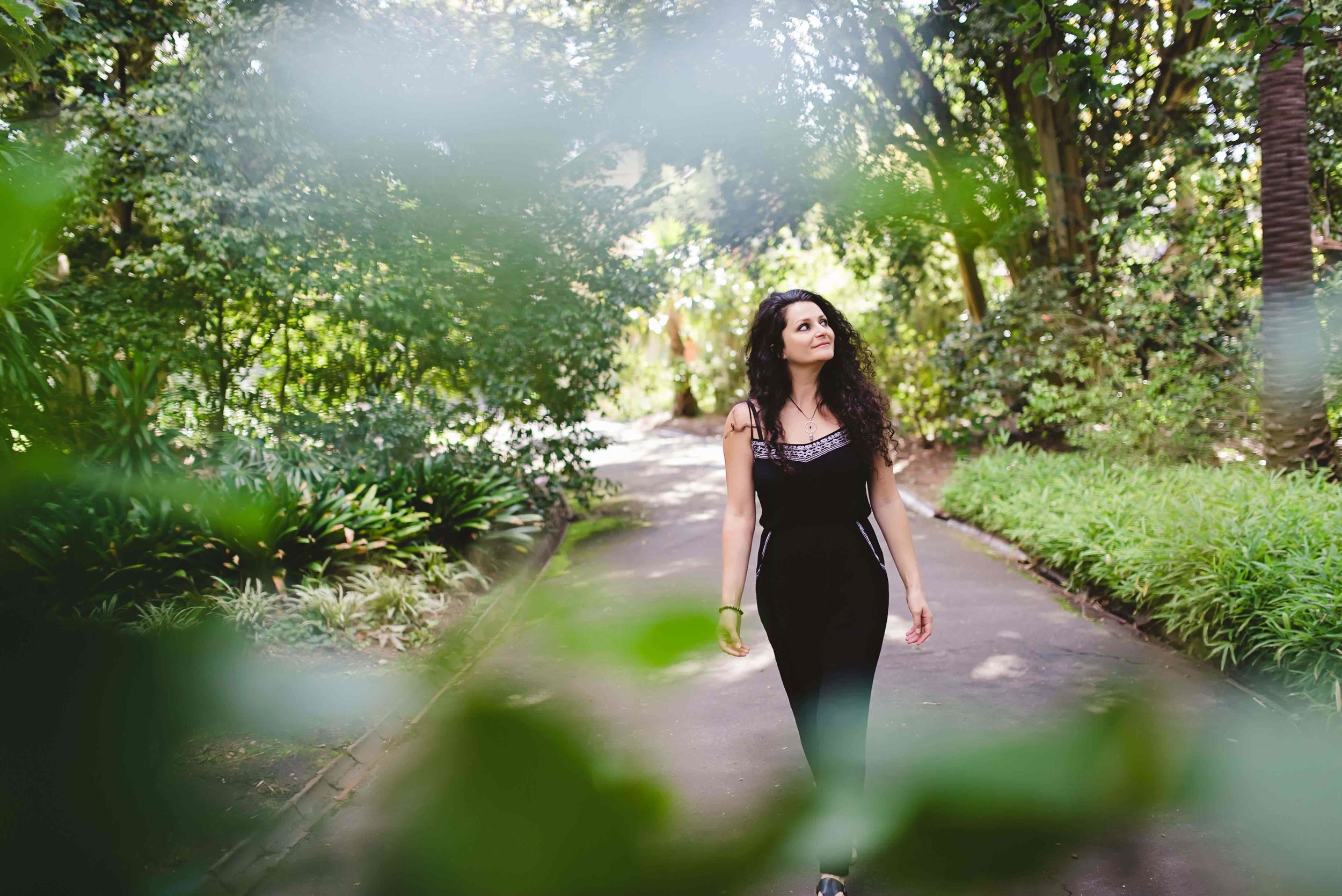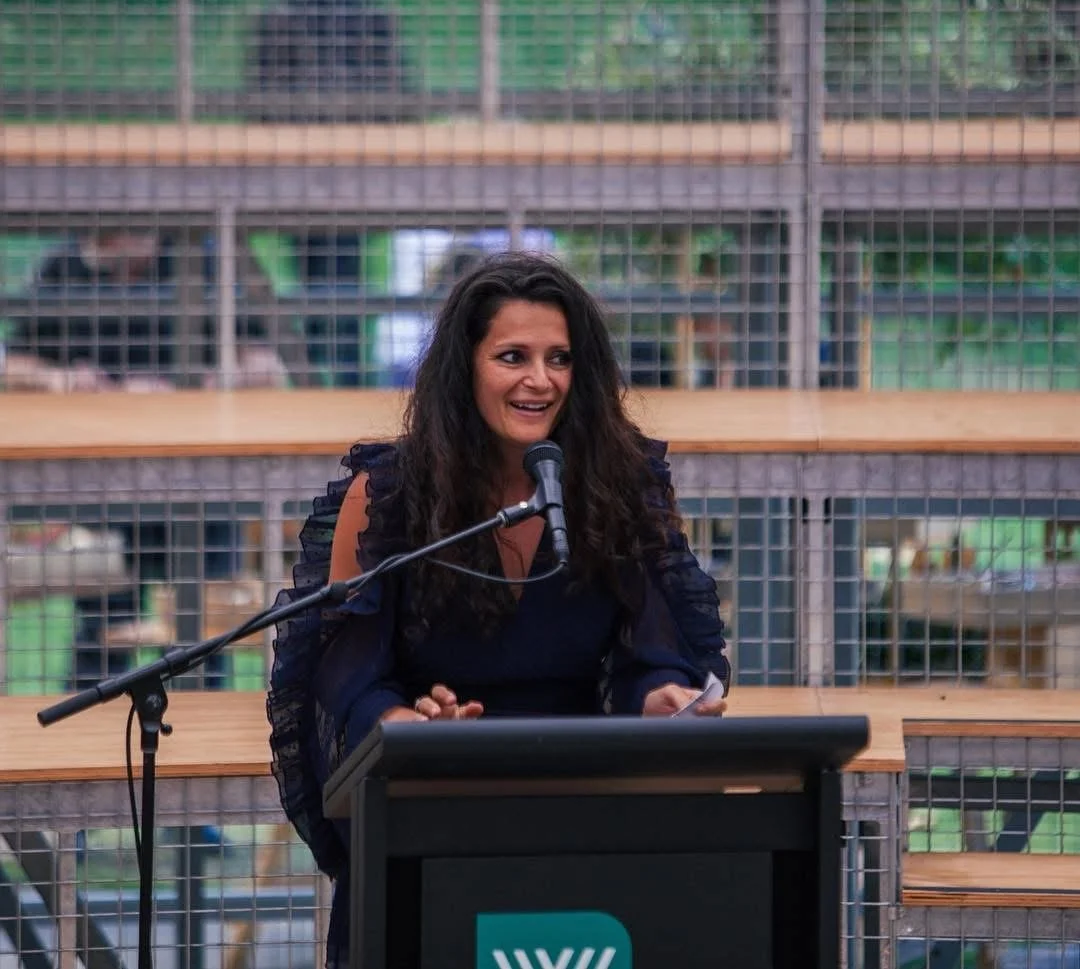
Workshops and Appearances
Demet is passionate about storytelling and the power of words and creativity to foster human connection. She appears as a panellist, guest speaker, poetry and narrative writing workshop leader at literary festivals, universities, primary schools and high schools across Australia.
Demet’s talks and workshops are suitable for children, teens and adults. Her talks are varied and can include themes like identity and belonging, the power of creativity and storytelling, her writing journey, the challenges and rewards of working with an editor and the importance of owning and raising our voices.
All talks and workshops listed below can be tailored to suit the needs of the event/organisation.
For enquiries, bookings or event requests, please leave a message via Demet’s contact page .
Alternatively, you can contact Booked Out Speakers Agency.
Workshops:
Poetry writing workshops: Explore language, identity and emotion by reading a poem, exploring what makes it work, creating one together and individually.
Plot and characterisation: how to create believable characters that shape a story’s plot in meaningful ways.
The power of Stories: Exploring the elements of story, how they are created and why they are such powerful tools that can help break down walls and misconceptions, build respect, tolerance, and bridge the gaps in our society.
Testimonials:
Demet was super engaging and inspiring. I sat in both sessions at Sydenham and it was obvious she wasn’t delivering a prepared lecture to the students which was fantastic. The presentations were organic and differed depending on the questions the students were asking. Her PPT was merely a conversation starter. I’ve heard nothing but good comments from all students and teachers who attended the events. It was a brilliant experience.” —Birgitte, Copperfield College
Demet was fantastic! She was very warm with the students and they seemed engaged throughout her presentation. She didn’t read off the PowerPoint which was great and had a very good understanding of the brief I gave her for the event. —E.Notely, St Monica's College
Demet was amazing with the students, and I loved the messages she was giving the students. It was exactly what we were after. I think you initially recommended Demet – a brilliant choice. Thankyou. —R.Clarke, Building Harmony Project, Windermere Child & Family Services
Sydney Writers Festival 2025



